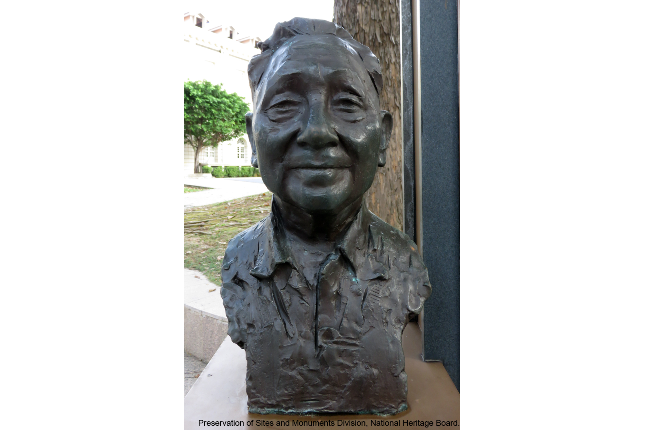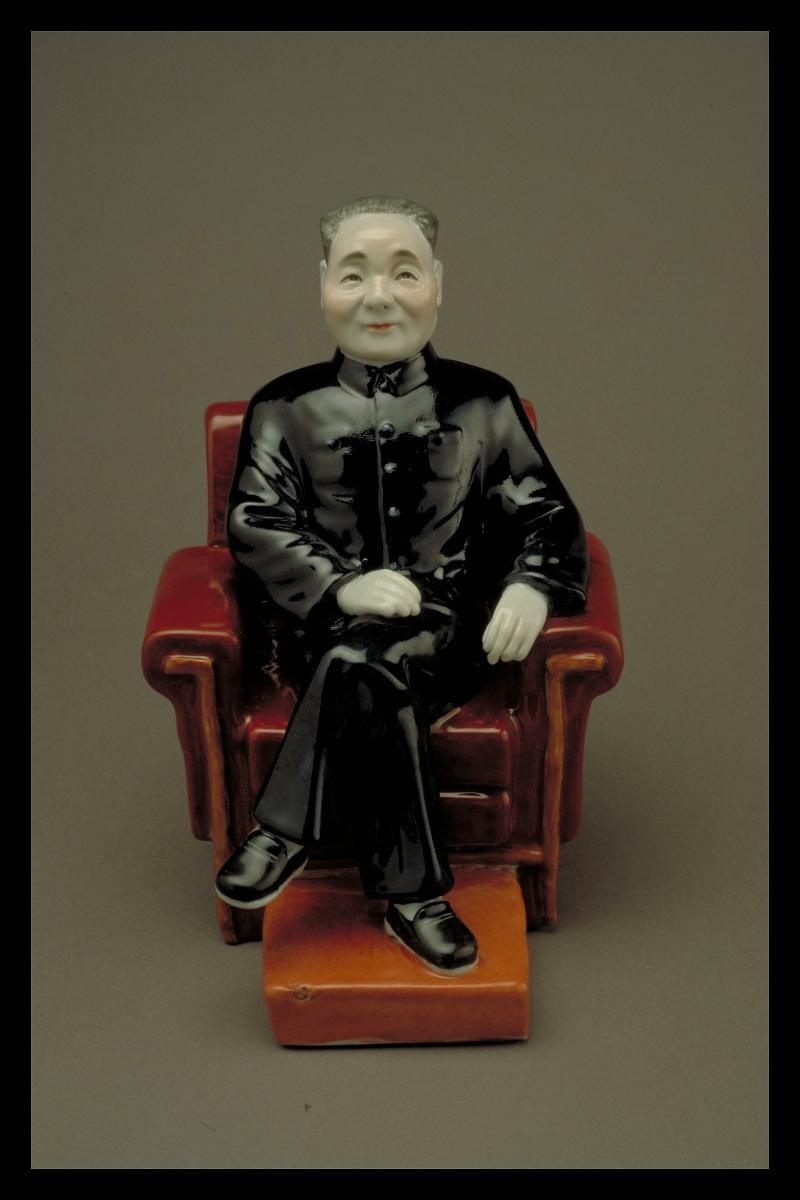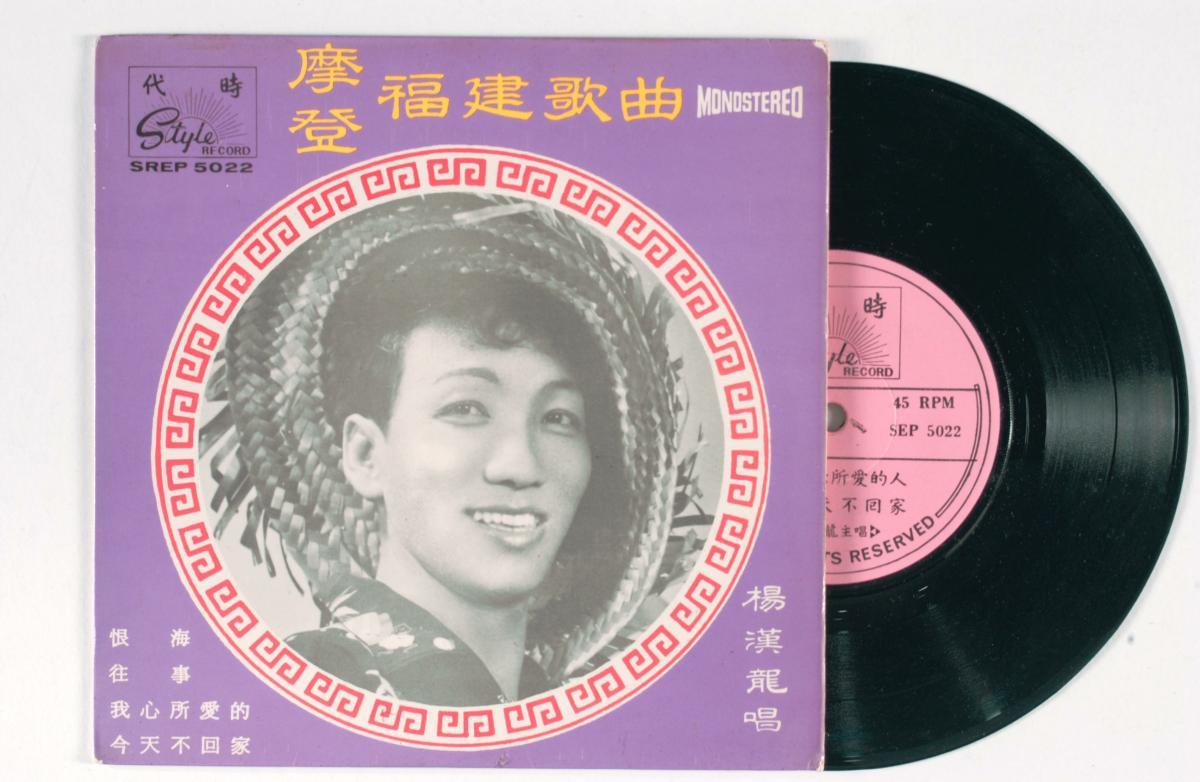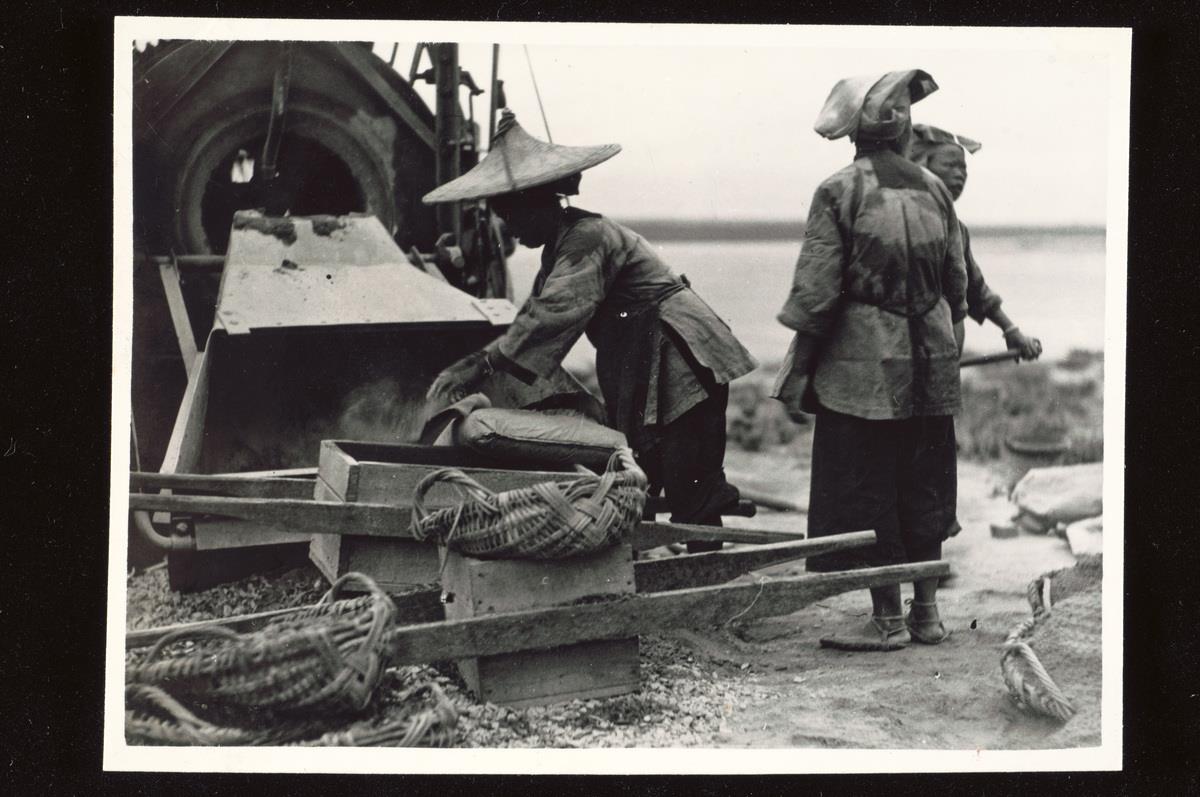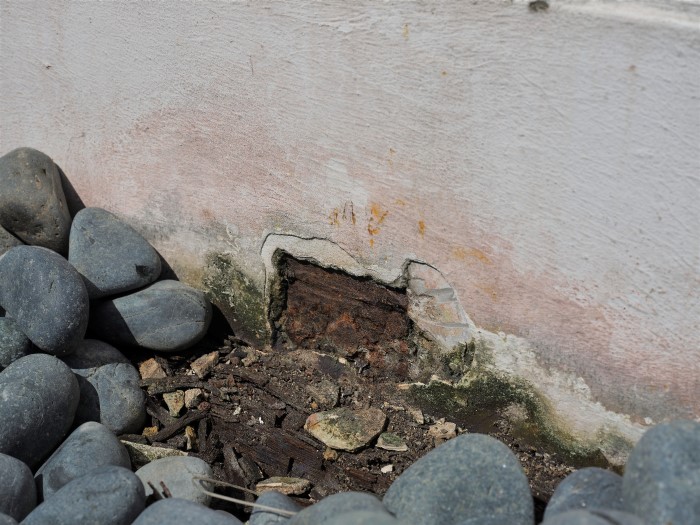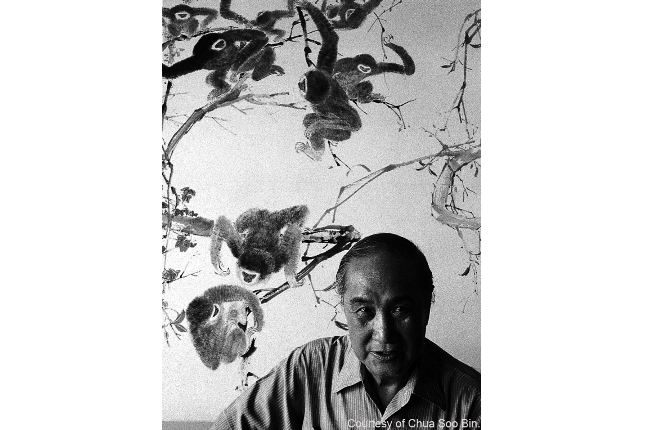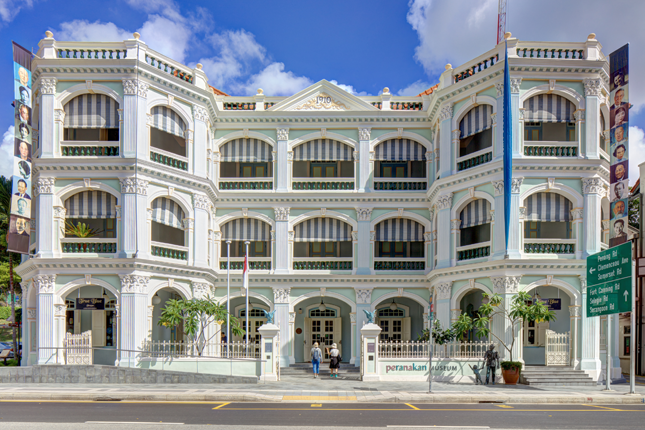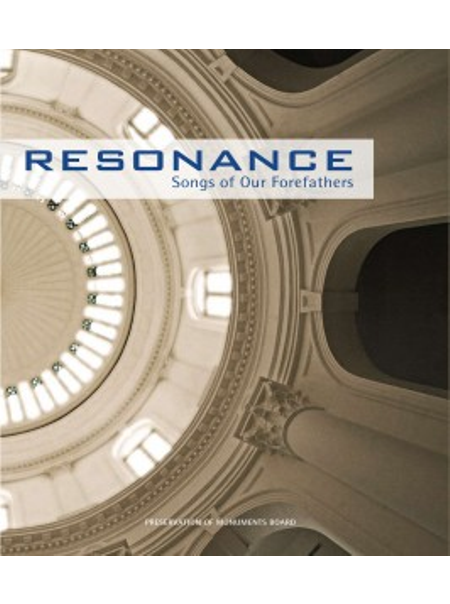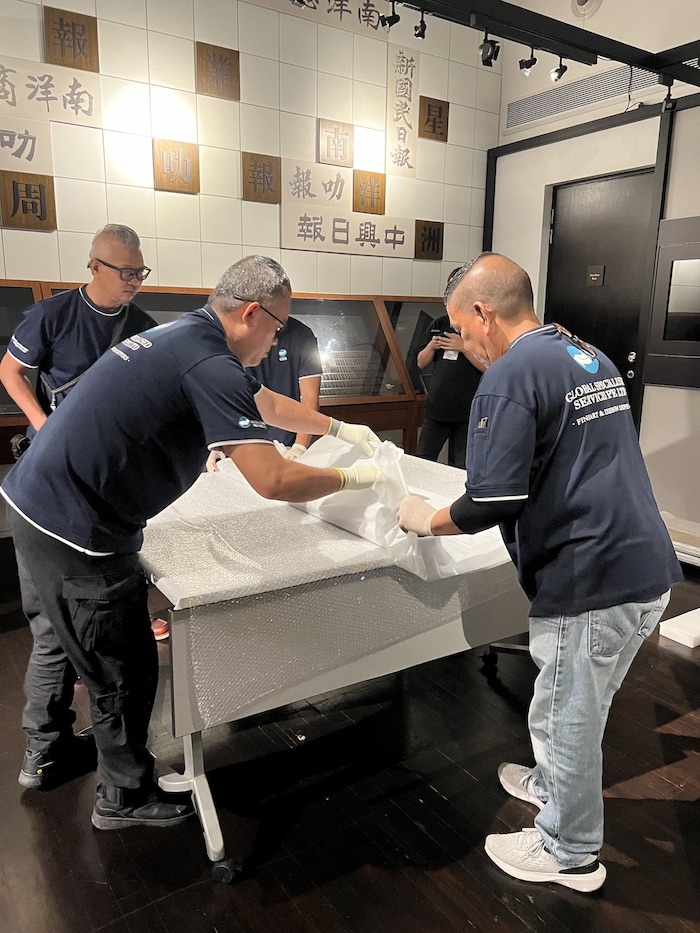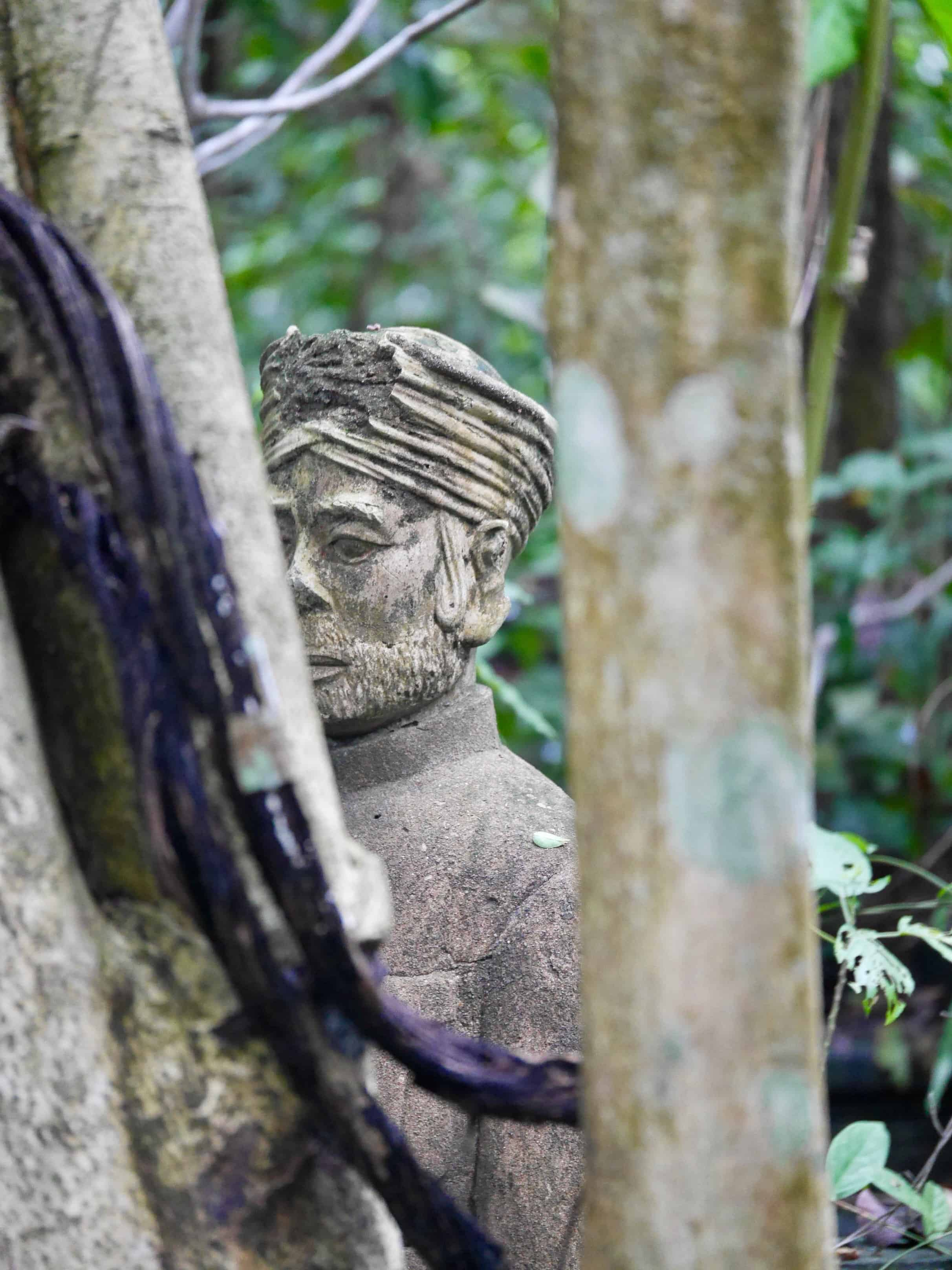Deng Xiaoping (1904-1997)
Originally known as Deng Xiansheng and his school name Deng Xixian, Deng Xiaoping was born on 22 August 1904 in Guang'an County, Sichuan Province. In 1920, Deng left for studies in France. His six-year stay in France proved to be a turning point in his life. He met Zhou Enlai and other founders of the Communist Youth League in Europe, and joined the League in 1923 and the Communist Party of China (CPC) in 1924.
In early 1926, Deng left Paris for Moscow to study at Sun Yat-Sen University. Deng returned to China in the Spring of 1927. He played an instrumental role in the revolutionary struggle led by the CPC. After the People's Republic of China was founded in 1949, Deng held a number of important leadership positions and became the General Secretary of the CPC Central Committee in 1956. Deng's career suffered a setback during the ten years of the "cultural revolution". After the end of the "cultural revolution", he returned to work and eventually became the Vice Chairman of the CPC Central Committee in 1977 and Chairman of the CPC Central Military Commission in 1981. In 1978, Deng launched the reform and opening-op policy which paved the way for China's rapid growth and development in the following decades. Deng visited Singapore in the same year
Reforms
Deng was a staunch communist and a great patriot who aspired to achieve China's rejuvenation. On the domestic front, he implemented bold reforms. Internationally, he took steps to gradually open China up to the world. Deng's economic and administrative reforms were marked by pragmatism, and served the need for social order and a corrupt-free government. His pragmatic approach towards reforms is best captured in his own words, "It does not matter if it is a yellow cat or a black cat as long as it catches mice". He introduced the theory of socialism with Chinese characteristics. All forms of economic controls were relaxed and the first group of Special Economic Zones (Shenzhen, Zhuhai, Shantou and Xiamen) was initiated. These economic initiatives resulted in exponential growth for China. Internationally, Deng started China's closer ties with the world. Relations with the United States were normalised on 1 January 1979.Singapore-China Relationship
In November 1978, Deng paid his first and only official visit to Singapore. He was impressed with what he saw and showed a particular interest in the benefits of foreign investments for Singapore. At the Third Plenum of the Eleventh Central Committee of the CPC in 1978, Deng initiated the dual policies of economic reform and openness to the world. His visit in Singapore also laid the foundation for the strong ties that exist between the two countries today, even though diplomatic relations was established only on 3 October 1998. Following Deng's famous Southern Tour in 1992, when he commented on Singapore's good social order and management, many Chinese officials were sent to Singapore for training. Over the years, the bilateral relationship had been further deepened through the frequent exchange of high-level visits, strong economic cooperation, and people-to-people exchanges. Deng passed away on 19 February 1997 at the age of 93. He is best remembered as one of the most successful statesmen of modern China, and the chief architect who transformed China into an economic giant.




